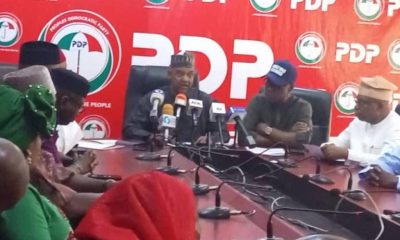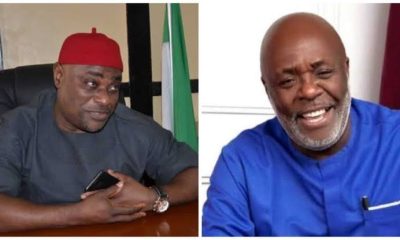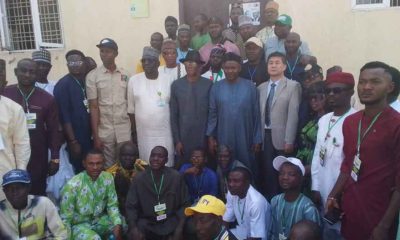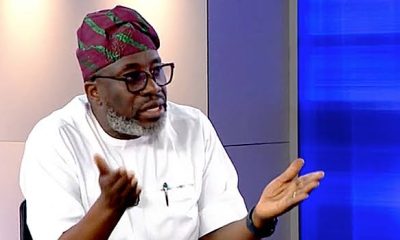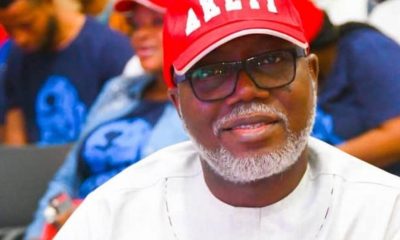News
A Beginner’s Guide To Understanding Nigerian Politics
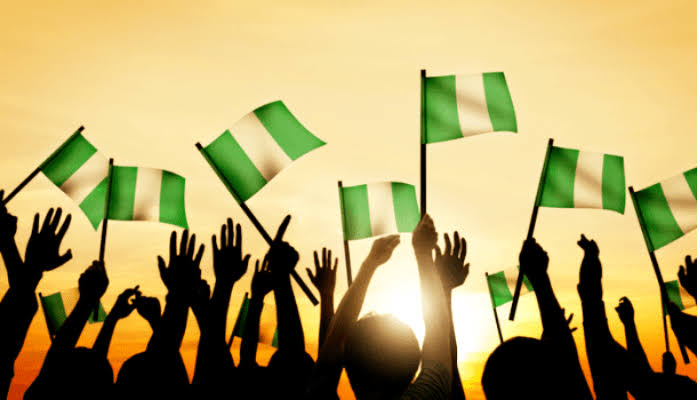
By Bayo Osiyemi
Nigerian politics, a dynamic and intricate landscape, holds immense significance both within the nation and globally. For beginners, delving into this realm is like stepping into a maze of complexities, players, and issues. But fear not! This comprehensive guide aims to demystify Nigerian politics, offering insights into its historical context, government structure, key players, electoral process, major issues, and more. Let’s embark on this enlightening journey together.
Introduction to Nigerian Politics
Like a vibrant tapestry, Nigerian politics weaves together diverse ethnicities, cultures, and opinions. It’s a cornerstone of the nation’s growth and development, impacting every aspect of Nigerian life. From local communities to international relations, politics shapes the course of history.
Historical Context
To understand Nigerian politics, we must peek into its past. Nigeria’s history is marked by colonial rule, which significantly influenced its political evolution. The transition from colonialism to independence brought new challenges as the nation strived to define its identity and establish political systems that resonated with its people.
Government Structure
Nigeria operates under a federal system of government divided into three tiers: federal, state, and local. Each tier possesses distinct powers, with an executive, legislative, and judicial branch. This multi-layered structure seeks to balance power distribution and ensure effective governance.
– Federal Level:
● The President serves as the head of state and government.
● The National Assembly comprises the Senate and House of Representatives, responsible for federal lawmaking.
– State Level:
● Governors lead each of Nigeria’s 36 states, overseeing local affairs.
● State Houses of Assembly create laws specific to each state.
– Local Level:
● Local government councils manage affairs at the grassroots level.
Key Political Players
Nigeria’s political landscape is dominated by two major parties: the All Progressives Congress (APC) and the People’s Democratic Party (PDP). These parties drive the nation’s political discourse and competition.
– Prominent Figures:
● The President, as the face of the nation, holds substantial authority.
● Governors wield significant influence within their respective states.
● Senators and Representatives shape federal legislation.
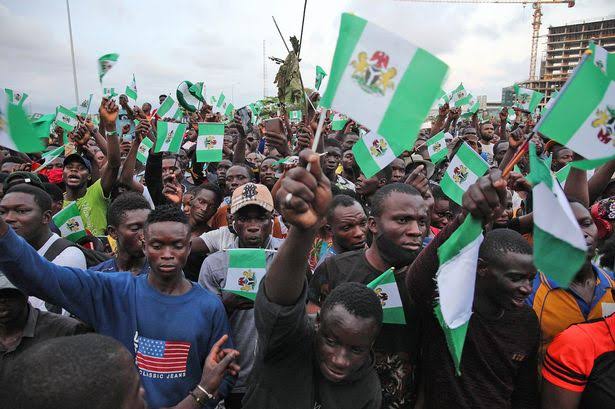
File photo: Youths waving the Nigerian flag
Electoral Process
Nigeria’s electoral process includes voter registration, campaigns, and elections. While a vital democratic practice, it faces challenges like voter suppression and irregularities. Despite these hurdles, elections remain a cornerstone of the nation’s democratic foundation.
Major Political Issues
Nigerian politics is marred by complex issues that demand attention and resolution. Among these are:
– Corruption:
● Rampant corruption affects various sectors, hindering progress and development.
● Anti-corruption measures seek to combat this issue.
– Ethnic and Religious Tensions:
● Nigeria’s diversity can lead to political tensions based on ethnicity and religion.
● Policies and approaches often address these concerns.
– Resource Allocation:
● Disparities in resource allocation create inequalities across regions.
● Strides are being taken to balance this distribution.
Ethnic and Religious Dynamics
Ethnicity and religion play pivotal roles in Nigerian politics. These factors influence voting patterns, alliances, and policy decisions. Acknowledging and addressing these dynamics is crucial for fostering unity and equitable representation.
Economic and Social Policies
Nigeria’s government strives to propel economic growth and enhance social welfare. Policies focus on critical areas such as oil, infrastructure, education, healthcare, and poverty alleviation. However, challenges persist in implementation and effectiveness.
Challenges and Progress
Nigerian politics faces its share of obstacles, including security threats, governance inefficiencies, and economic struggles. Despite these challenges, the nation has witnessed notable progress, with political reforms and positive changes slowly reshaping the landscape.
International Relations
Nigeria’s political reach extends beyond its borders. The nation actively participates in regional and global politics, fostering diplomatic ties and alliances. Its international interactions contribute to shaping global policies and initiatives.
Conclusion
Navigating Nigerian politics might seem daunting, but with this guide as your compass, you’re well-equipped to comprehend its intricate web. You’ve gained a solid foundation from its historical roots and government structure to key players, major issues, and international connections. Remember, learning about Nigerian politics is an ongoing journey, and by staying informed, you’re contributing to a brighter political future for this vibrant nation.
As you continue to explore, remember the diverse voices, the complexities, and the stories that make up the rich tapestry of Nigerian politics. By engaging with this dynamic realm, you’re shaping Nigeria’s destiny for generations.
Click to watch our video of the week
Advertise or Publish a Story on EkoHot Blog:
Kindly contact us at [email protected]. Breaking stories should be sent to the above email and substantiated with pictorial evidence.
Citizen journalists will receive a token as data incentive.
Call or Whatsapp: 0803 561 7233, 0703 414 5611


